In Mold Labels Size
In mold Labels Market Growth Projections and Opportunities
The in-mold labels market is influenced by various market factors that shape its growth and development. One of the primary factors driving this market is the increasing demand for visually appealing and durable labeling solutions across industries. In-mold labels, also known as IML labels, are applied to plastic containers during the molding process, resulting in a seamless integration of the label with the container surface. This method offers several advantages over traditional labeling techniques, including enhanced durability, resistance to moisture and abrasion, and vibrant, high-quality graphics. As a result, in-mold labels are widely preferred by manufacturers in industries such as food and beverages, cosmetics, personal care, and household products, driving their adoption and contributing to the growth of the in-mold labels market.
In-mold labeling is a process utilized for labeling or decorating an object while it is being formed in the mold. In-mold labeling has opened up new opportunities for the injection-molded, thermoformed plastic containers, and blow-molded technology. In-mold labeling is a process of producing high-quality in-mold labels at a comparatively low price. In-mold labeling technology provides advantage, such as transparency, waterproof, and permanently molded label. All the major end-use applications, which are immensely benefited by the in-mold labels are petrochemical, household, pharmaceutical, paint, cosmetic, and cosmetic containers. In-mold labeling is widely applicable in several industries to enhance brand logo at the point of sale. Moreover, it is widely accepted as a creative solution for numerous custom product development.
Moreover, the growing trend of product differentiation and branding strategies adopted by companies to stand out in the competitive market landscape is fueling the demand for in-mold labels. In an increasingly crowded marketplace, brands are looking for innovative ways to differentiate their products and attract consumers' attention. In-mold labels offer a versatile platform for branding and product customization, allowing companies to create unique label designs, incorporate vibrant colors and graphics, and experiment with different label shapes and sizes. This flexibility in design and branding helps brands create visually striking packaging that resonates with consumers and enhances brand recognition, driving the demand for in-mold labels as a preferred labeling solution.
Additionally, the increasing emphasis on sustainability and environmental responsibility is influencing the in-mold labels market. With growing awareness of environmental issues such as plastic pollution and resource depletion, there is a rising demand for sustainable packaging solutions that minimize environmental impact. In-mold labels offer a sustainable alternative to traditional labeling techniques such as pressure-sensitive labels and shrink sleeves, as they eliminate the need for additional adhesive or packaging materials, reducing waste and improving recyclability. Furthermore, in-mold labels can be produced using recyclable materials such as polypropylene (PP) or polyethylene (PE), making them compatible with recycling streams and supporting circular economy initiatives, driving their adoption by environmentally conscious brands and manufacturers.
Moreover, advancements in printing technologies and materials science are driving innovation and growth in the in-mold labels market. Manufacturers are investing in advanced printing techniques such as offset printing, flexographic printing, and digital printing to achieve high-quality, photo-realistic graphics on in-mold labels. Additionally, advancements in label substrates and coatings enable the production of in-mold labels with enhanced properties such as scratch resistance, chemical resistance, and heat resistance, making them suitable for a wide range of applications across different industries. These technological advancements enable manufacturers to create in-mold labels that meet the stringent quality and performance requirements of various end-use applications, driving market growth and competitiveness.
Furthermore, the increasing adoption of in-mold labeling technology in emerging economies and untapped markets presents opportunities for growth in the in-mold labels market. In-mold labeling technology offers several advantages over traditional labeling techniques, including faster production speeds, reduced labor costs, and improved product aesthetics. As a result, manufacturers in emerging economies are increasingly adopting in-mold labeling technology to enhance their packaging capabilities and meet the growing demand for high-quality labeled products. Additionally, the expansion of end-use industries such as food and beverages, personal care, and healthcare in emerging markets presents opportunities for in-mold label manufacturers to expand their market presence and cater to the evolving needs of these industries.
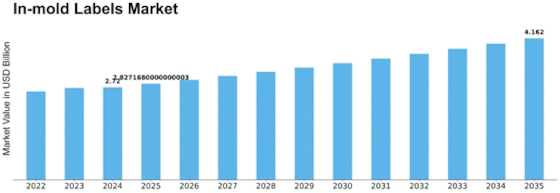


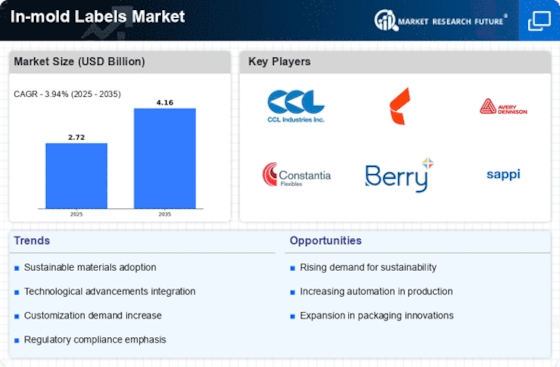
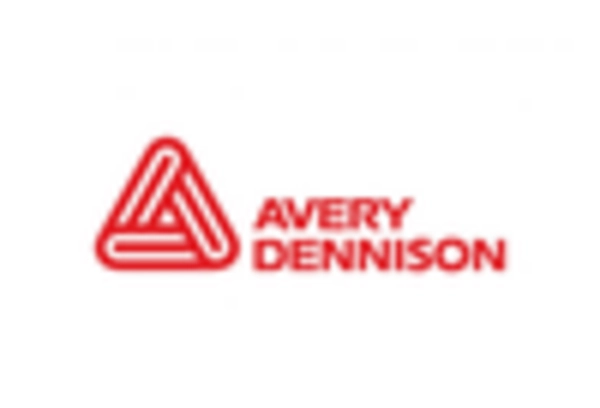
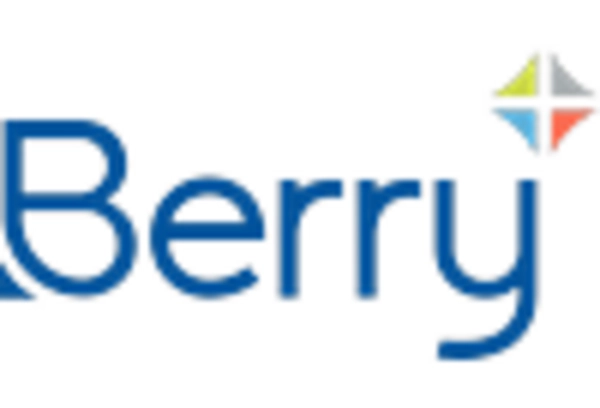
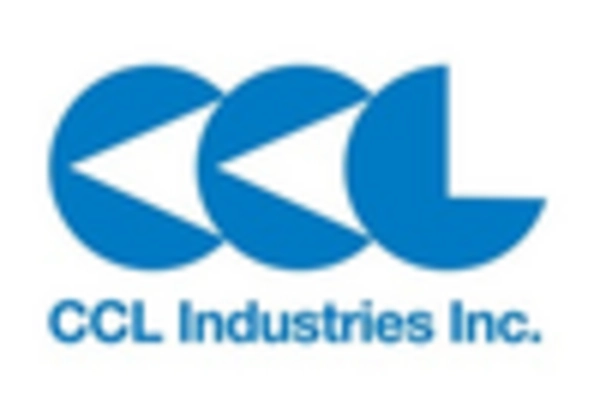
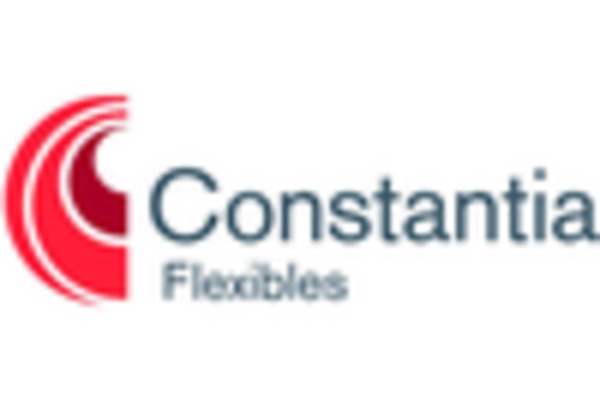
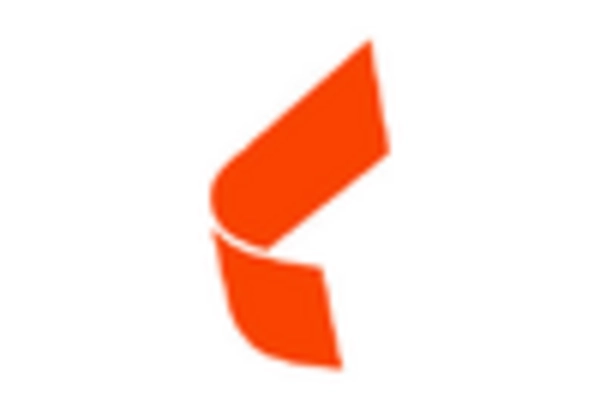
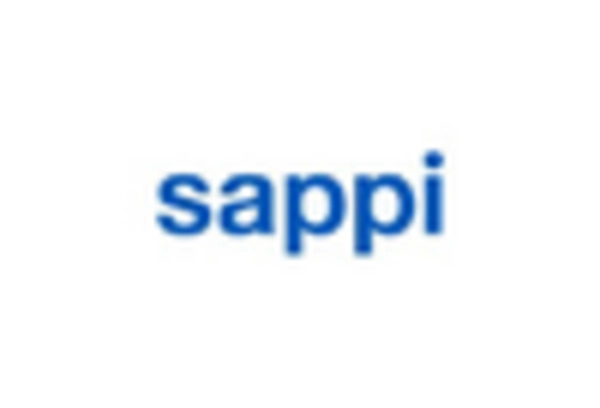









Leave a Comment